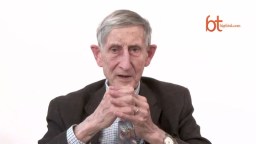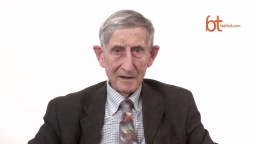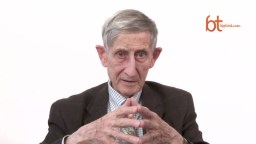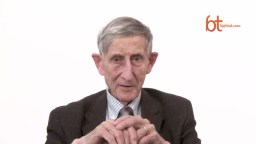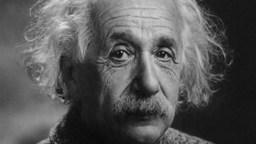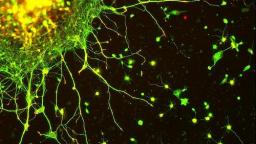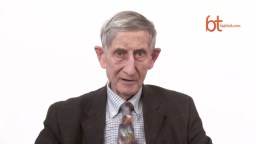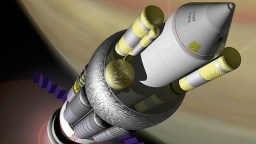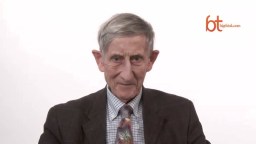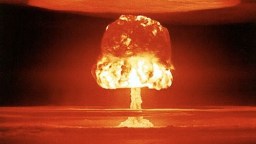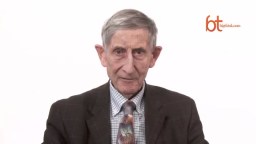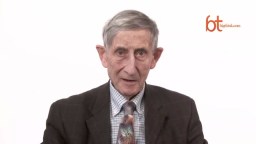Freeman Dyson
Physicist and Writer
Freeman J. Dyson is Professor Emeritus of Mathematical Physics and Astrophysics in the School of Natural Sciences at the Institute for Advanced Study in Princeton. He has taught as a professor at the Institute since 1953, prior to which he was a professor for two years at Cornell University. His work on quantum electrodynamics marked an epoch in physics, with the techniques he used in this domain forming the foundation for most modern theoretical work in elementary particle physics and the quantum many-body problem. He is also celebrated as an author on science and related topics; his books include "Disturbing the Universe" (1966), "Weapons and Hope" (1984), "The Scientist as Rebel" (2006), and "A Many-Colored Glass: Reflections on the Place of Life in the Universe" (2007).
His fellow physicist Steven Weinberg says the Nobel committee has “fleeced” Freeman Dyson. But Dyson prefers the infamy of never having won.
▸
1 min
—
with
When the physicist expressed reservations about climate change, he stirred heated controversy. “It doesn’t disturb me at all,” he says.
▸
4 min
—
with
“We don’t only have to worry about warming,” the physicist argues. “It could very well be the climate gets colder. Nobody knows”—and we waste time arguing when we should be […]
▸
3 min
—
with
Last week, Obama signed an ambitious nuclear arms reduction treaty with Russia. So why does the “Weapons and Hope” author fear that George Bush, Sr. will go down in history […]
▸
5 min
—
with
Freeman Dyson never spoke to Einstein, but revered him from afar. He was a “totally exceptional person”—as was another colleague, Nobelist and “clown” Richard Feynman.
▸
4 min
—
with
The sheer unpredictability of atoms exempts them from ordinary rules of causality. The brain may be a “clever device” that turns that freedom into freedom of action.
▸
4 min
—
with
Why looking for extraterrestrial life gets more and more efficient—and less and less expensive—each year.
▸
1 min
—
with
With NASA’s future in doubt, the physicist recalls designing an ingenious (and sadly, radioactive) rocket that could have had us “scooting all around the solar system” 50 years ago. Will […]
▸
6 min
—
with
Freeman Dyson recalls the excitement of contributing a missing puzzle piece to the study of atomic science.
▸
4 min
—
with
From WWI chemical warfare to nuclear weapons, Freeman Dyson thinks misguided science was “quite rightly” blamed for many 20th-century atrocities. What dangers could it pose for the future?
▸
5 min
—
with
Freeman Dyson fell in love with math, science, and nature as a child. Later, as a statistician in World War II, he had a “front-row seat view” of mass tragedy.
▸
3 min
—
with
A conversation with the physicist and writer.
▸
39 min
—
with
